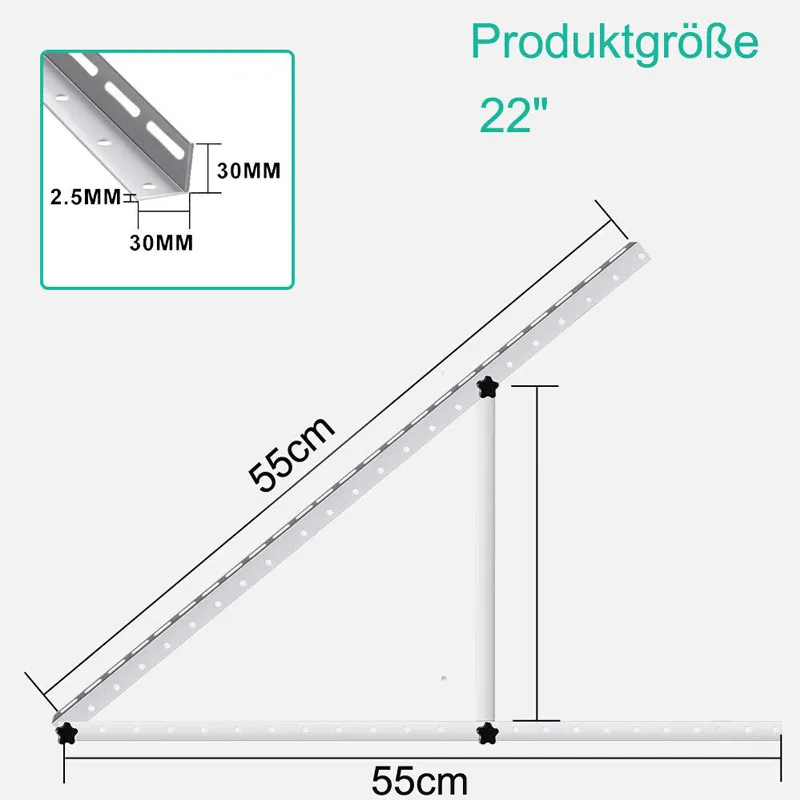

self drilling screws structural steel
Nov . 23, 2024 05:53 Back to list
self drilling screws structural steel
Self-Drilling Screws for Structural Steel An Overview
Self-drilling screws are specialized fasteners that have revolutionized the construction and manufacturing sectors, particularly in the assembly of structural steel. These innovative screws eliminate the need for pre-drilling, making them an integral component in the efficient construction of steel structures. This article explores the features, benefits, applications, and considerations of using self-drilling screws in structural steelwork.
What are Self-Drilling Screws?
Self-drilling screws, often referred to as Tek screws (a brand name), possess a pointed tip that can penetrate the material without the need for a pilot hole. This tip is designed to drill into the base material, creating its own hole and subsequently securing itself tightly. This mechanism speeds up the assembly process, making it a preferred choice for construction tasks involving structural steel.
Advantages of Self-Drilling Screws
1. Time Efficiency The most significant advantage of self-drilling screws is the reduction in assembly time. By eliminating the need for pre-drilling, contractors can expedite the construction process, resulting in lower labor costs and faster project completion.
2. Cost-Effectiveness Using self-drilling screws can lead to significant savings. Their installation requires fewer tools and equipment, which minimizes setup and operational costs on-site.
3. Strength and Durability Designed to handle high loads, self-drilling screws are commonly made from high-strength materials, such as carbon steel, and often feature protective coatings to resist corrosion. This durability ensures the integrity of the structure over time.
self drilling screws structural steel

4. Versatility Self-drilling screws can be utilized in various applications, from securing metal roofing and siding to fabricating steel frames. Their adaptability makes them suitable for use in both commercial and residential projects.
Applications in Structural Steel
In structural steel construction, self-drilling screws are commonly employed to connect steel beams, columns, and trusses. They provide reliable tension and shear resistance, crucial for maintaining structural integrity. Additionally, they are used in the installation of metal decks, wall panels, and roofing systems. Their reliability under dynamic loads makes them ideal for applications in environments prone to seismic activity.
Considerations for Use
While self-drilling screws offer numerous advantages, certain factors should be taken into account
- Material Thickness The effectiveness of self-drilling screws can vary depending on the thickness of the materials being joined. It is essential to select the appropriate screw type and size based on the specific application. - Screw Quality Not all self-drilling screws are created equal. It’s crucial to choose high-quality screws that meet industry standards to ensure safety and performance. - Installation Techniques Proper installation is vital for achieving the desired structural integrity. Training and experience in using these screws can make a significant difference in the outcome of the construction project.
Conclusion
In summary, self-drilling screws play a vital role in the construction of structural steel projects, offering time and cost efficiencies without compromising strength and durability. With their ability to streamline the assembly process, these fasteners continue to be a preferred choice in modern construction practices. As technology advances, the evolution of self-drilling screws will likely enhance their performance and application, contributing further to the efficiency of the construction industry.
Latest news
-
Premium Fasteners Manufacturer | AI-Driven Solutions
NewsAug.01,2025
-
Hot Dip Galvanized Bolts - Hebei Longze | High Strength, Corrosion Resistance
NewsAug.01,2025
-
High-Strength Hot Dip Galvanized Bolts - LongZe | Corrosion Resistance, Custom Sizes
NewsAug.01,2025
-
Best Self Tapping Screws for Drywall - Fast & Secure Installation
NewsJul.31,2025
-
High-Strength Hot Dip Galvanized Bolts-Hebei Longze|Corrosion Resistance&Customization
NewsJul.31,2025
-
Hot Dip Galvanized Bolts-Hebei Longze Metal Products|Corrosion Resistance&High Strength
NewsJul.31,2025

